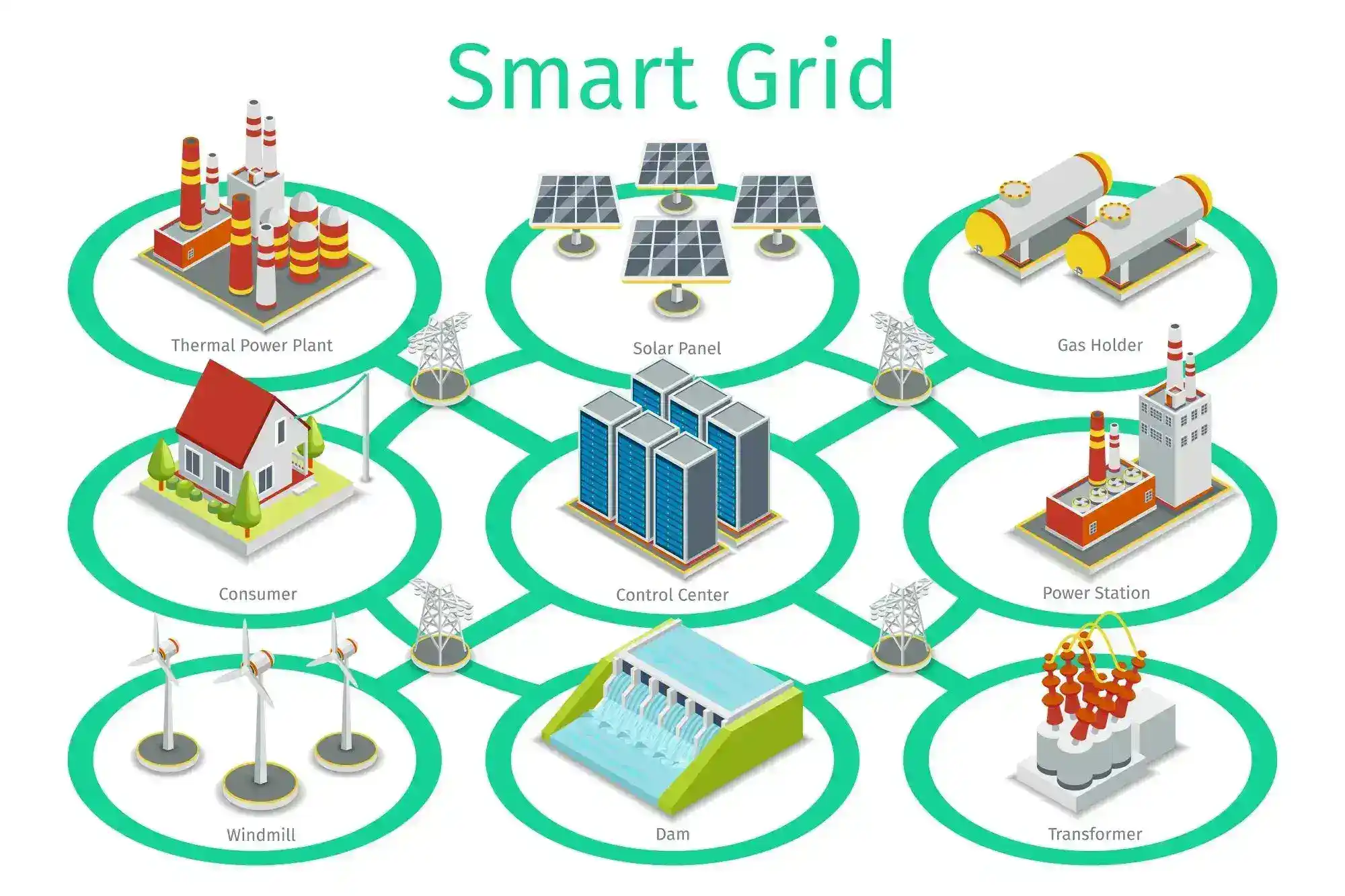Vibe Coding: Revolutionizing Software Development Speed and Efficiency
In the ever-evolving landscape of software development, speed and efficiency have become crucial factors for success. Vibe coding emerges as a revolutionary methodology that combines modern development practices with an energetic, collaborative approach to accelerate software development while maintaining high-quality standards.









